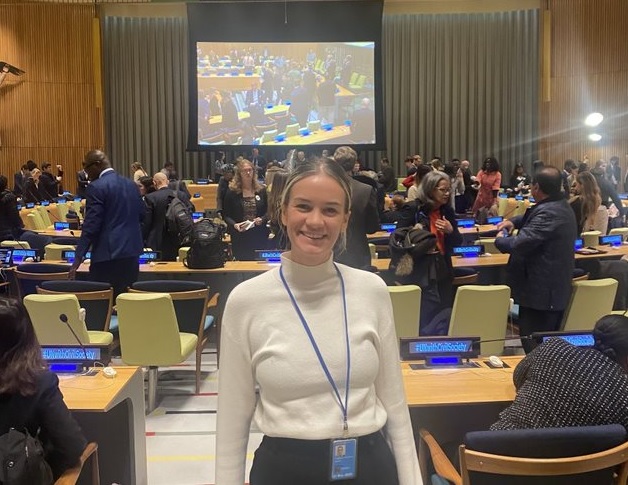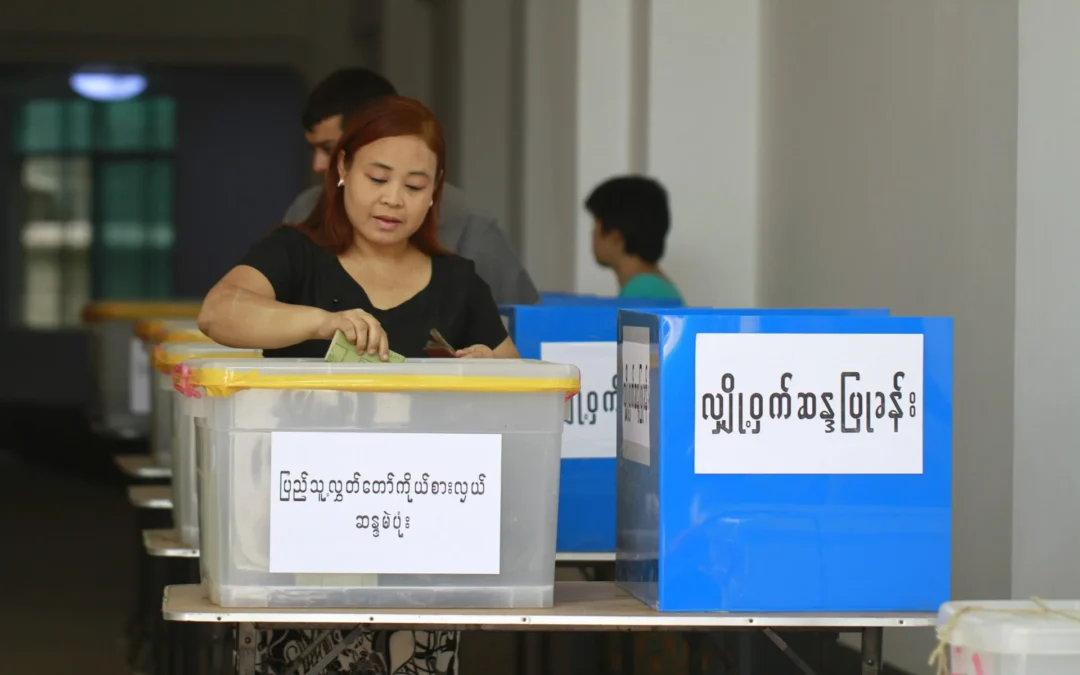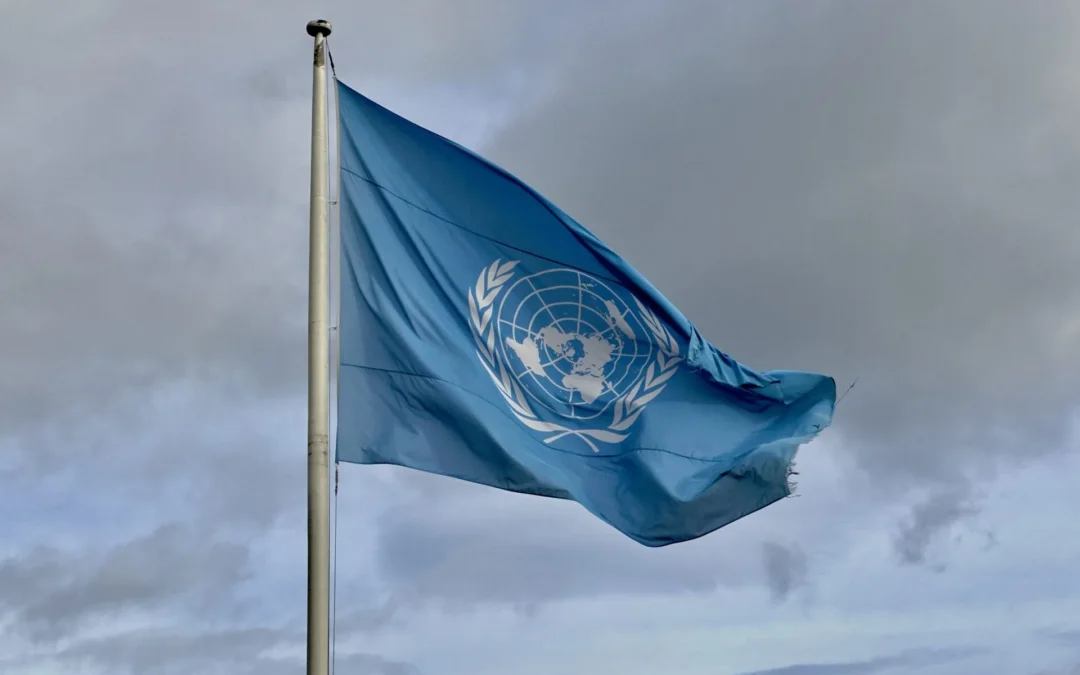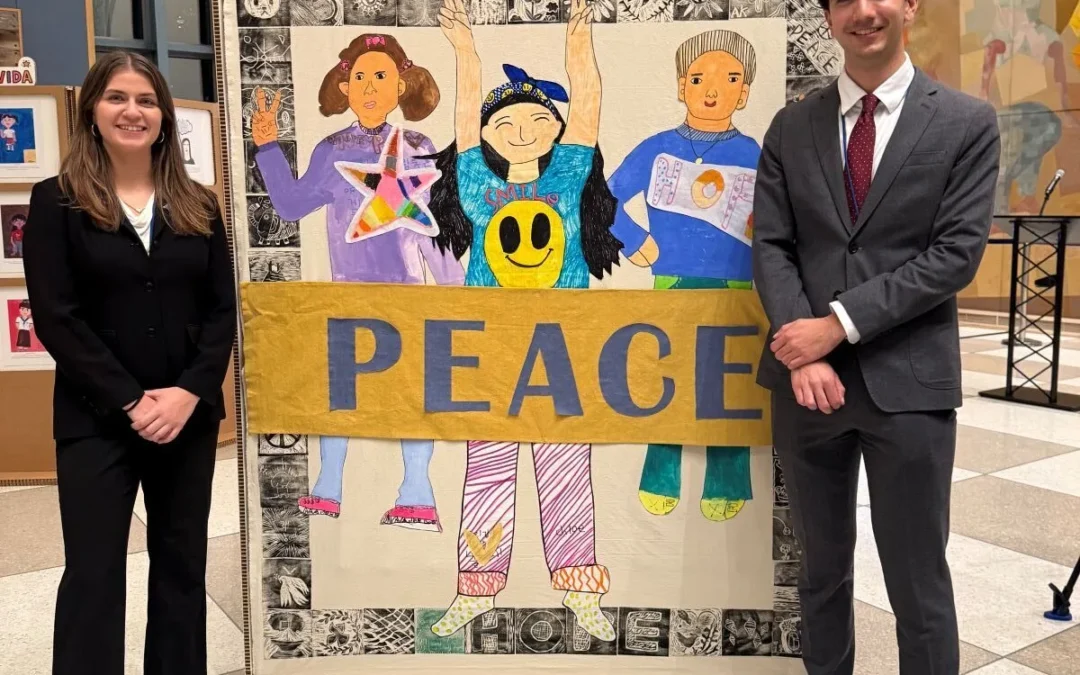On December 2, QUNO NY Programme Assistant, Sadhbh O’Driscoll, attended the UN-Civil Society Townhall. The event was held at UN headquarters in New York with the President of the 77th General Assembly (PGA), H.E. Mr. Csaba Kőrösi. This event was jointly organized by the PGA, civil society, and the UN Department of Global Communications.
Mr. Kőrösi shared the vision for his presidency, which is to provide hope and solutions to the world's problems through solidarity, sustainability, science, and youth partnerships. Kőrösi delivered an inciteful opening remark, putting an emphasis on the need for sustainability, being impact oriented all while keeping “a bigger picture in mind.” Climate change and the current climate disaster were recurring topics of conversation, with PGA Kőrösi calling it an ‘existential and slow killing process.’ To address these challenges and meet his goals, PGA Kőrösi hopes to implement integrated systemic solutions, follow science’s lead and stay true to the UN charter. Throughout the Townhall, PGA Kőrösi expressed his desire to further engage with civil society, stating that civil society remains a key stakeholder at the UN and that he will do his best to give access to all discussions and processes.
Throughout the Townhall, keynote speakers representing different stakeholder groups raised important issues on the use of data and implementation of the Sustainable Development Goals (SDGs) as well as how to make sustainable development more inclusive. Each speaker echoed one another by highlighting the importance of inclusive and transparent UN processes that listen to the voices of those working on the ground and not just those at high levels of government and UN agencies.
Part of QUNO's work has always been to elevate the voices of local actors and peacebuilders and convey them to the UN Headquarters in New York. More recently, QUNO New York has started activities on uplifting the perspectives of youth peacebuilders so their experiences can influence UN policy making. We appreciate PGA’s Kőrösi’s comments and are eager to see how he intends to build meaningful partnerships and create more space for civil society, particularly young people. Additionally, QUNO continues to work on Sustainable Development Goal 16, on peaceful and inclusive societies, and to push back against a globally shrinking civic space. We look forward to continuing our work on these issues by engaging with the UN and the PGA's Office regarding these topics.
To watch the full Townhall click here.







